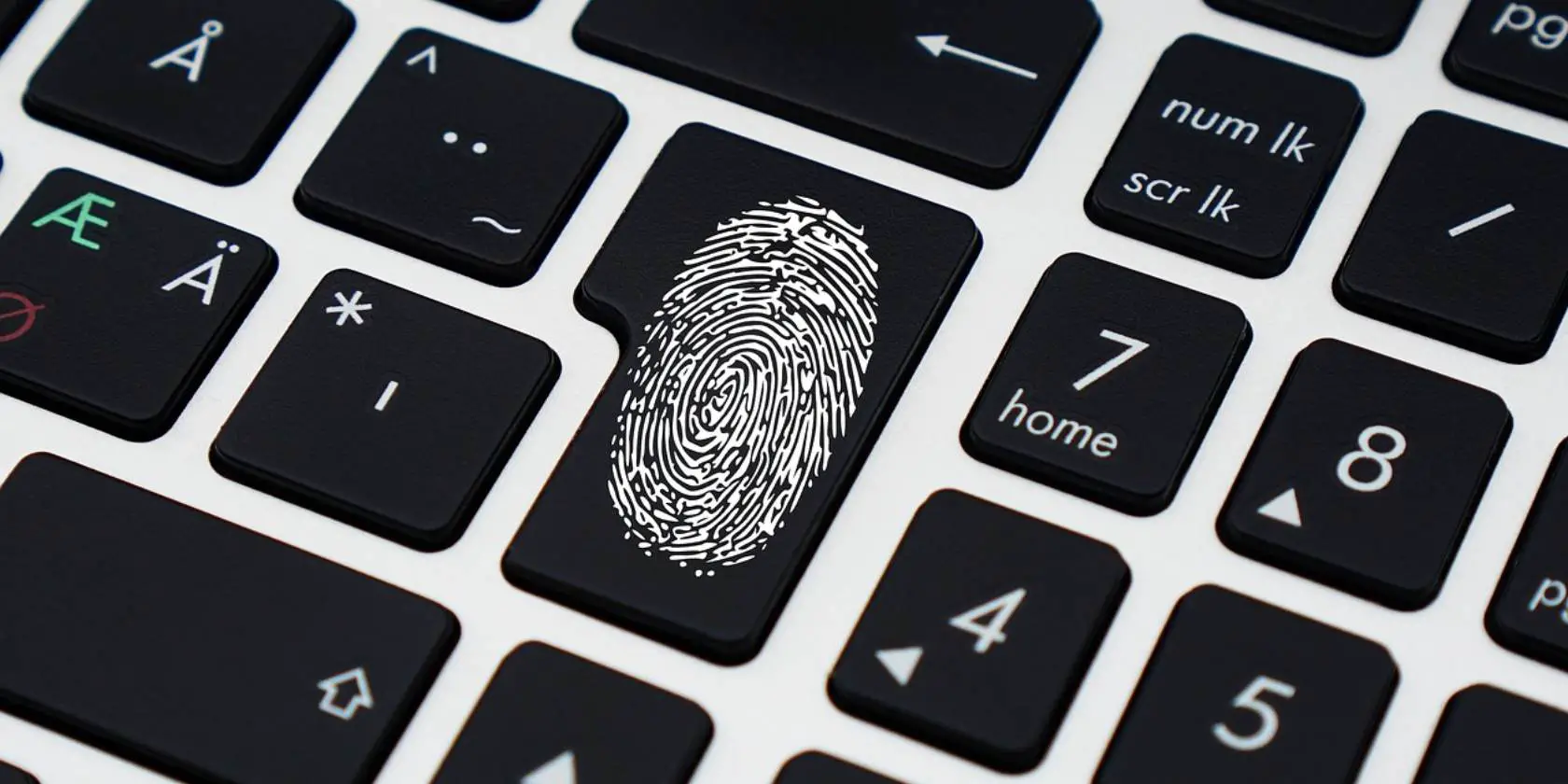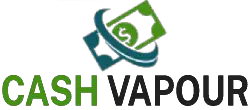If you’ve noticed the label “WHO internet” on your bank statement, you might be wondering what it means and why it appears there. Don’t worry, you’re not alone.
Understanding the details behind each transaction is essential for maintaining financial awareness and control.
In this article, we will dive into what the bank charge related to WHO internet represents, how to identify it on your bank statement, and steps to prevent it from appearing again. Let’s explore further.
What Is the WHO Internet Bank Charge?
The WHO Internet bank charge on your bank statement indicates a transaction related to William Hill Online, a well-known online betting and gambling platform.
This charge represents payments made for participating in various gambling activities, including sports betting, casino games, and more.
It is worth noting that these payments are typically made using debit cards, but alternatives such as Trustly and Fast Bank Transfer also allow for bank transfers.

If you come across the WHO Internet bank charge, it’s essential to understand that it reflects your engagement with William Hill Online’s services.
As long as you engage in responsible gambling practices and maintain a healthy balance, there is generally no cause for concern. Occasional betting transactions, including WHO Internet, on your bank statement do not typically impact your financial standing.
However, it’s crucial to be aware that multiple gambling transactions could potentially raise eyebrows when applying for significant financial commitments, such as a mortgage.
Mortgage companies evaluate an individual’s financial activities to ensure their ability to repay the loan.
Consequently, numerous gambling transactions might lead them to question your financial stability or indicate a potential gambling problem. As a result, they may exercise caution when deciding whether to approve your mortgage application.
If you’re wondering about the entry “Tesco PFS” on your bank statement, find out more about its meaning and origin.
How Does the WHO Internet Bank Charge Look Like?
The appearance of the WHO Internet bank charge on your statement may vary depending on the specific payment processing system used by your bank. Here are some possible transaction descriptions that you might see:
- WHO Internet
- William Hill Online
- WH Online Betting
- William Hill Gambling
- William Hill Sportsbook
- WH Gaming
- W. Hill Online
- Online Betting by William Hill
- WH Bet
Please note that these are just examples of how the WHO Internet bank charge may appear on your bank statement. The actual labeling can differ based on the bank’s system and the specific transaction details.
It’s important to carefully review your statement and look for any entries that are associated with online betting or gambling activities, using keywords like WHO Internet or William Hill.
Curious about a “Steam purchase” on your bank statement? Learn about the implications and how it relates to your transactions.
How to Prevent Unauthorized WHO Internet Bank Charges
Preventing unauthorized WHO Internet bank charges requires proactive measures and careful attention to your financial transactions.
By implementing a few key steps, you can significantly reduce the risk of unauthorized charges and protect your financial well-being. Here are some actions to consider:
1. Regularly Monitor Your Bank Statements
Maintaining a habit of reviewing your bank statements on a regular basis is crucial. By carefully examining each transaction, you can quickly identify any unusual or unauthorized charges, including those related to WHO Internet.
If you notice any unfamiliar activity, promptly contact your bank to report it.
2. Safeguard Your Personal Information
Protecting your personal and financial information is essential in preventing unauthorized transactions. Be cautious when sharing sensitive data online and only provide it on secure websites.
Avoid sharing confidential details, such as your bank account or credit card information, through unsecured channels.
3. Use Strong and Unique Passwords

Ensure that your online accounts associated with WHO Internet, such as betting or gambling platforms, have strong and unique passwords.
Avoid using easily guessable passwords and consider using a password manager to securely store and generate complex passwords.
4. Be Wary of Phishing Attempts
Phishing emails and fraudulent websites can trick individuals into revealing their personal information. Be cautious of any emails or messages that claim to be from WHO Internet or related platforms and request sensitive data.
Legitimate companies rarely request such information via email. If you are unsure about an email’s authenticity, it’s best to directly contact the company through their official website or customer service channels to verify the request.
5. Enable Two-Factor Authentication
Whenever available, enable two-factor authentication for your online betting or gambling accounts. This additional layer of security requires you to provide a second form of verification, such as a code sent to your mobile device, when logging in or conducting transactions.
Two-factor authentication adds an extra barrier against unauthorized access to your account.
6. Contact Your Bank Immediately
If you suspect any unauthorized WHO Internet bank charges, it is essential to contact your bank immediately. They can assist in investigating the charges, freezing your account if needed, and taking appropriate measures to resolve the issue.
Want to understand what “V12 Retail Finance” means on your bank statement? Explore the details and significance of this entry.
Understanding Unauthorized WHO Internet Charges
By following these preventive measures, you can significantly reduce the risk of unauthorized WHO Internet bank charges.
Staying vigilant, practicing good online security habits, and promptly addressing any concerns will help protect your financial information and maintain control over your banking transactions.
